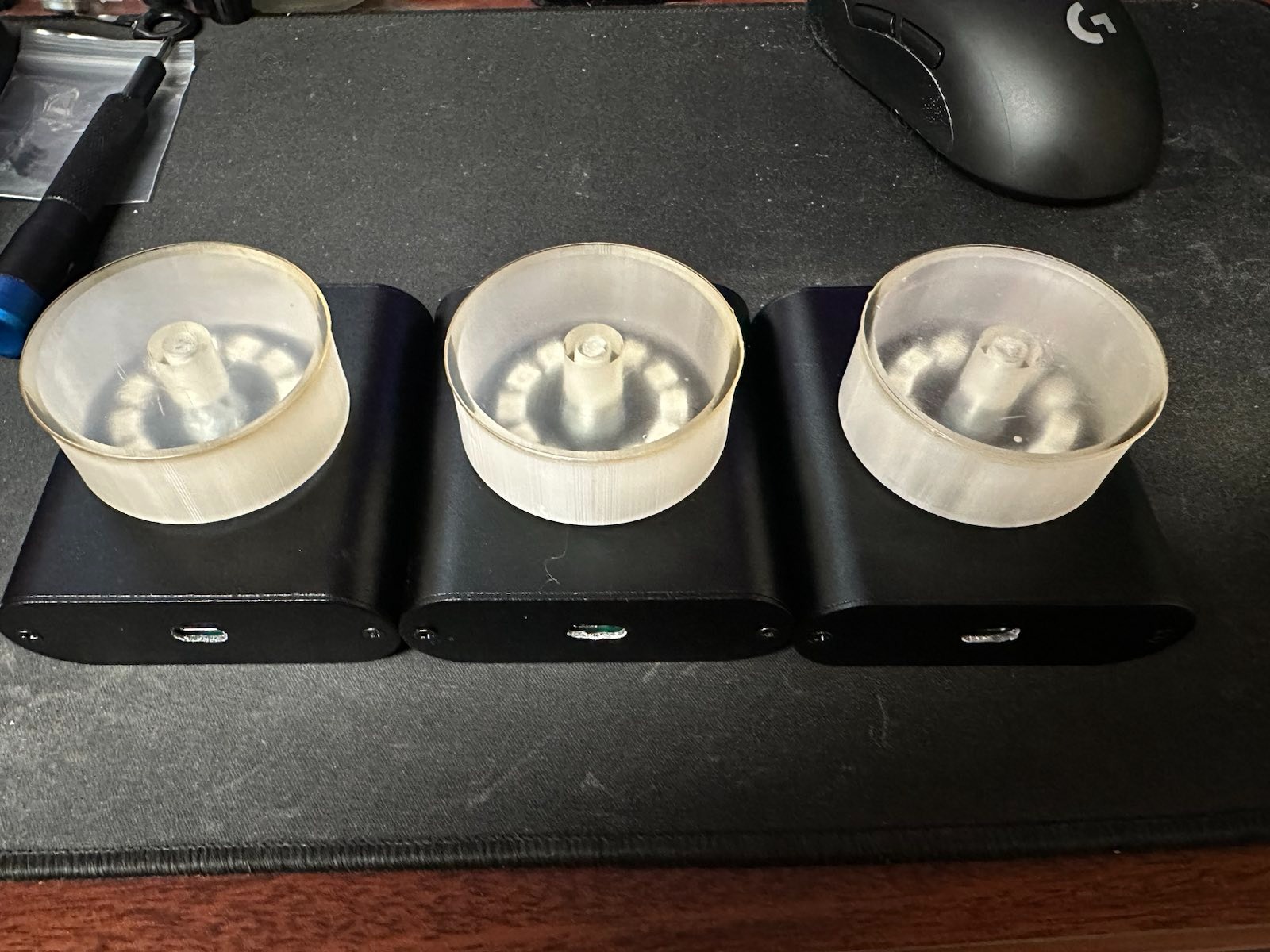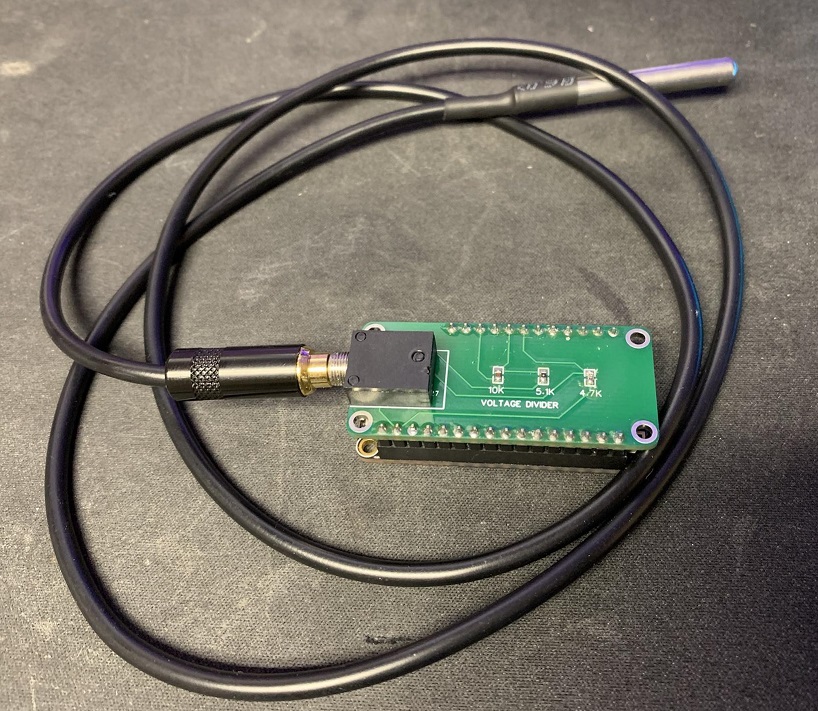Exploit Exercises - Protostar Final 1
Since I’ve been doing a lot of the format string exploits lately, I decided to do the Final 1 challenge.
We start out the challenge by being given the following code:
#include "../common/common.c" #include <syslog.h> #define NAME "final1" #define UID 0 #define GID 0 #define PORT 2994 char username[128]; char hostname[64]; void logit(char *pw) { char buf[512]; snprintf(buf, sizeof(buf), "Login from %s as [%s] with password [%s]\n", hostname, username, pw); syslog(LOG_USER|LOG_DEBUG, buf); } void trim(char *str) { char *q; q = strchr(str, '\r'); if(q) *q = 0; q = strchr(str, '\n'); if(q) *q = 0; } void parser() { char line[128]; printf("[final1] $ "); while(fgets(line, sizeof(line)-1, stdin)) { trim(line); if(strncmp(line, "username ", 9) == 0) { strcpy(username, line+9); } else if(strncmp(line, "login ", 6) == 0) { if(username[0] == 0) { printf("invalid protocol\n"); } else { logit(line + 6); printf("login failed\n"); } } printf("[final1] $ "); } } void getipport() { int l; struct sockaddr_in sin; l = sizeof(struct sockaddr_in); if(getpeername(0, &sin, &l) == -1) { err(1, "you don't exist"); } sprintf(hostname, "%s:%d", inet_ntoa(sin.






